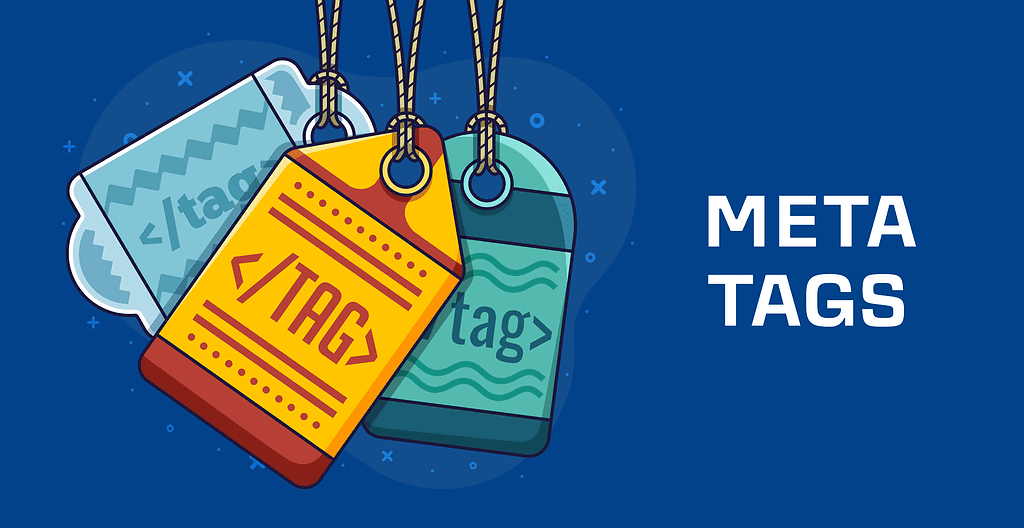Introduction
Meta tags have long served as fundamental elements in the realm of search engine optimization (SEO). They form the initial point of interaction between your site and search engines, providing them with relevant information about your webpage. In this article, we aim to guide you through the intricacies of optimizing your meta tags for better search engine rankings. We will explore various types of meta tags, discuss best practices in crafting them, and provide valuable insights to help you master meta tag optimization.
Understanding the Role of Meta Tags in SEO
Meta tags are essentially snippets of text that describe a page’s content. So, these tags don’t appear on the page itself but are only visible in the page’s source code. Search engines use these tags to comprehend what a page is about, and it significantly influences your website’s visibility and rankings. Some of the key types of meta tags include title tags, meta descriptions, meta keywords, and viewport tags, each serving a specific purpose in SEO.
Crafting an effective title tag is a critical step in optimizing your website for search engines. These tags are often the first thing that users see in search engine results, so a compelling title tag can significantly increase click-through rates. Including relevant keywords, maintaining a length of around 50-60 characters, and ensuring each title tag is unique across your website are among the best practices for title tag optimization.

Creating SEO-Friendly Meta Descriptions
So Meta descriptions offer a brief overview of the webpage content and play an influential role in determining whether users click on your link in the search results. While not a direct ranking factor, a well-crafted meta description can improve your page’s click-through rate, indirectly improving your search ranking. Key tips for writing effective meta descriptions include incorporating relevant keywords, keeping the description under 160 characters, and ensuring that it accurately represents the content of your page.
The Use and Optimization of Meta Keywords
Historically, meta keywords were used by search engines to determine a page’s topic. However, they are now mostly disregarded by most major search engines, including Google, due to misuse. Regardless, if you decide to use meta keywords, it’s crucial to use only relevant keywords and avoid “keyword stuffing.”
Conclusion: Mastering Meta Tag Optimization
To wrap up, effective meta tag optimization can make a world of difference in improving your website’s visibility and ranking in search engine results. As SEO trends and algorithms continue to evolve, it’s critical to stay updated and make necessary adjustments to your meta tags accordingly. Remember, SEO is not a one-time task but requires continuous improvement and adaptation to yield the best results. We hope this guide empowers you to master meta tag optimization and climb up the search rankings.










